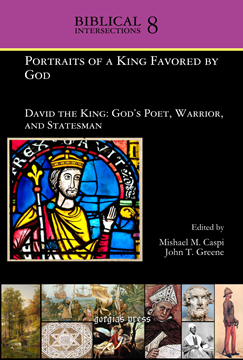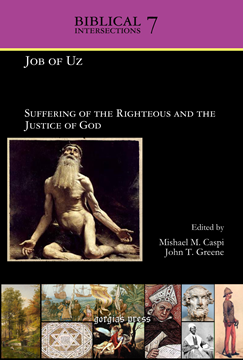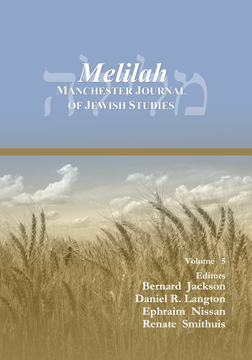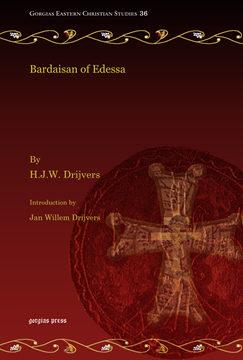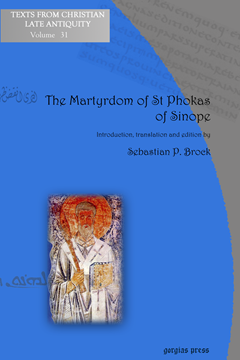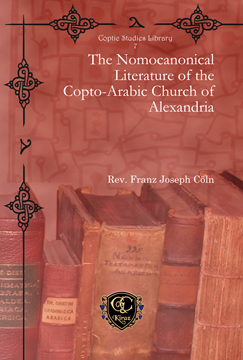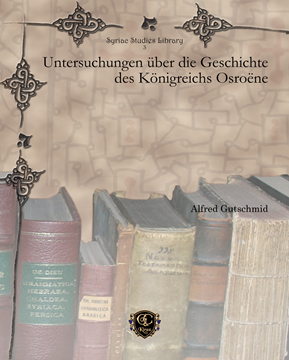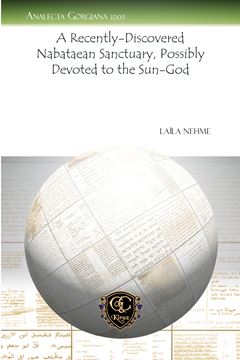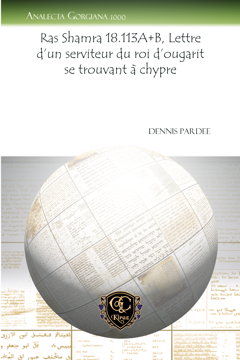Portraits of a King Favored by God
David the King: God's Poet, Warrior, and Statesman
Edited by Mishael M. Caspi & John T. Greene
Series: Biblical Intersections 8
ISBN: 978-1-61143-405-7
David the king, when studied against the backdrop of existing material cultural remains from the ancient Middle East, scarcely seems to have been there. Excavations in Jerusalem have turned up nothing concrete about his existence. The literature concerning him is fraught with problems and generally takes on a legendary-mythological character. Even the meaning of his name is unclear. If he is mentioned at all by his contemporary monarchs against whom he would have fought it is only obliquely or only intimated by omissions or partial spellings in context. This volume attempts to advance scholarship addressing these concerns.
$150.00 (USD) $90.00 (USD)
Job of Uz
Suffering of the Righteous and the Justice of God
Edited by Mishael M. Caspi & John T. Greene
Series: Biblical Intersections 7
ISBN: 978-1-61143-420-0
Job finds himself in a situation similar to one experienced by everyone at some point in his or her life. He wants answers to questions concerning what has happened to him, since he lived his life according to the traditional wisdom and rules of conduct, asking what has gone wrong and why. The Book of Job raises fundamental questions of both the actions and expectations of humans and deities, and asks whether a clear understanding can be reached between them. The contributing essays to this anthology help advance and sharpen both the questions and the responses to that question.
$140.00 (USD) $84.00 (USD)
Manchester Journal of Jewish Studies (2008)
ISBN: 978-1-4632-0184-5
Melilah is an interdisciplinary peer-reviewed journal concerned with Jewish law, history, literature, religion, culture and thought in the ancient, medieval and modern eras. Contributors (2008) include Tobias Green, David Lincicum, Daniel R. Langton, Dan Garner, and Giula F. Miller.
$51.00 (USD) $30.60 (USD)
Bardaisan of Edessa
Introduction by Jan Willem Drijvers; By H.J.W. Drijvers
Series: Gorgias Eastern Christian Studies 36
ISBN: 978-1-4632-0188-3
In this volume, a reprint of his 1966 monograph, H. J. W. Drijvers investigates the life and teachings of Bardaisan of Edessa, determining his place in the religious and cultural life of Edessa in the second half of the second century of the common era.
$163.00 (USD) $97.80 (USD)
The Martyrdom of St Phokas of Sinope
The Syriac Version
Introduction, translation and edition by Sebastian P. Brock
Series: Texts from Christian Late Antiquity 31
ISBN: 978-1-4632-0189-0
The fame of the martyr St. Phokas, first bishop of Sinope (on the Black Sea) and patron of seafarers, had spread to many parts of the Christian world by the fifth and sixth centuries. Although the Acts of his martyrdom under Trajan were composed in Greek, the earliest witness to them is the Syriac translation which is edited and translated here from two early manuscripts.
$34.00 (USD) $20.40 (USD)
The Nomocanonical Literature of the Copto-Arabic Church of Alexandria
Series: Coptic Studies Library 7
ISBN: 978-1-61719-188-6
Nomocanons (manuals of law) in Eastern Christianity give insights into the whole civil and religious life of communities, families and individuals. Nomocanonical literature is particularly abundant in the Coptic tradition, and the Rev. Franz Joseph Cöln describes five Nomocanons of the Coptic Church with a short account of their contents.
$136.00 (USD) $81.60 (USD)
Untersuchungen über die Geschichte des Königreichs Osroëne
Series: Syriac Studies Library 3
ISBN: 978-1-61719-417-7
This volume is a good quality reprint of the 1887 edition of Alfred von Gutschmid's classic text. It will be of interest to scholars in the Syriac-speaking kingdom of Osroene (or Edessa).
$141.00 (USD) $84.60 (USD)
Remarks on Ancient North Arabian Inscriptions from the Region of Taymā’
Series: Analecta Gorgiana 1002
ISBN: 978-1-61719-827-4
This article examines Ancient North Arabian inscriptions and their various epigraphic types found in the region of Taymā'.
$34.00 (USD) $20.40 (USD)
A Recently-Discovered Nabataean Sanctuary, Possibly Devoted to the Sun-God
By Laïla Nehme
Series: Analecta Gorgiana 1005
ISBN: 978-1-61719-830-4
This article presents, in provisional form, a recently discovered and excavated Nabataean sanctuary devoted to the cult of the sun-god in Madâ’in Sâlih, ancient Hegra.
$33.00 (USD) $19.80 (USD)
Ras Shamra 18.113A+B, Lettre d’un serviteur du roi d’ougarit se trouvant à chypre
Series: Analecta Gorgiana 1000
ISBN: 978-1-61719-831-1
This article examines a letter composed by an Ugaritian administrator stationed in Cyprus.
$40.00 (USD) $24.00 (USD)
